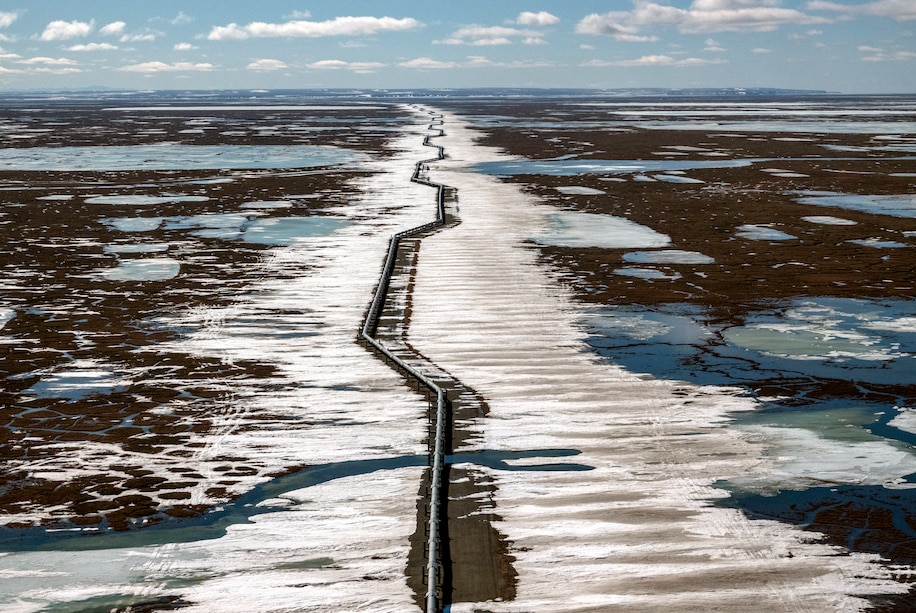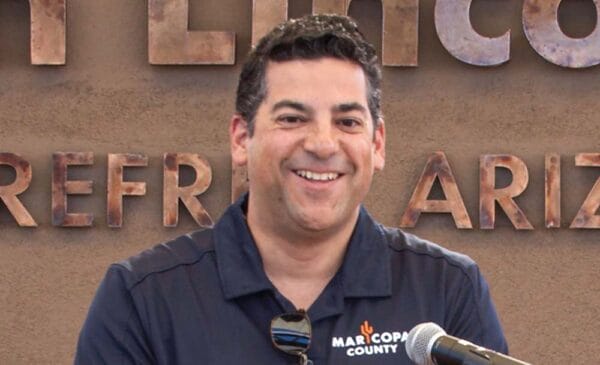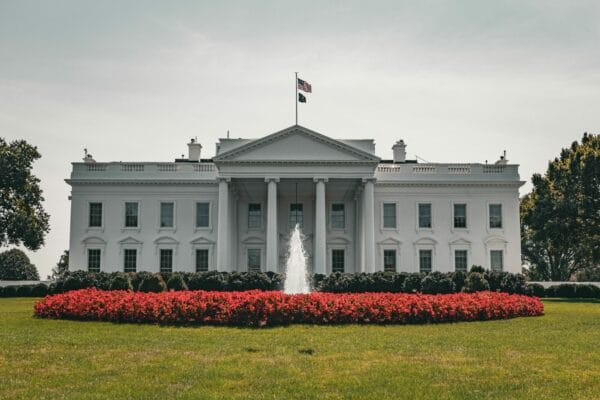The move changes the way the Clean Water Act has been applied for half a century

By Juliet Eilperin and Brady Dennis |The Washington Post
The Environmental Protection Agency finalized a rule Monday curtailing the rights of states, tribes and the public to object to federal permits for energy projects and other activities that could pollute waterways across the country.
The move, part of the Trump administration’s push to weaken environmental rules it sees as standing in the way of new development, upends how the United States applied a section of the Clean Water Act for nearly a half century. The energy industry hailed the change as a way to speed up pipelines and other projects, while environmentalists warned it could undercut state and tribal efforts to safeguard rivers and drinking water.
The new rule would set a one-year deadline for states and tribes to certify or reject proposed projects — including pipelines, hydroelectric dams and industrial plants — that could discharge pollution into area waterways. It also would limit any reviews to include only water quality impacts, based on a more narrow definition the Trump administration finalized last year.
In a call with reporters Monday, EPA Administrator Andrew Wheeler argued that some states had abused the law in the past, using long delays to trap energy-related projects “in a bureaucratic Groundhog Day.” The changes, he said, would give states “more than enough time” to scrutinize proposed projects, while preventing them from citing reasons not directly related to water quality or holding them “hostage” during long periods of times.











